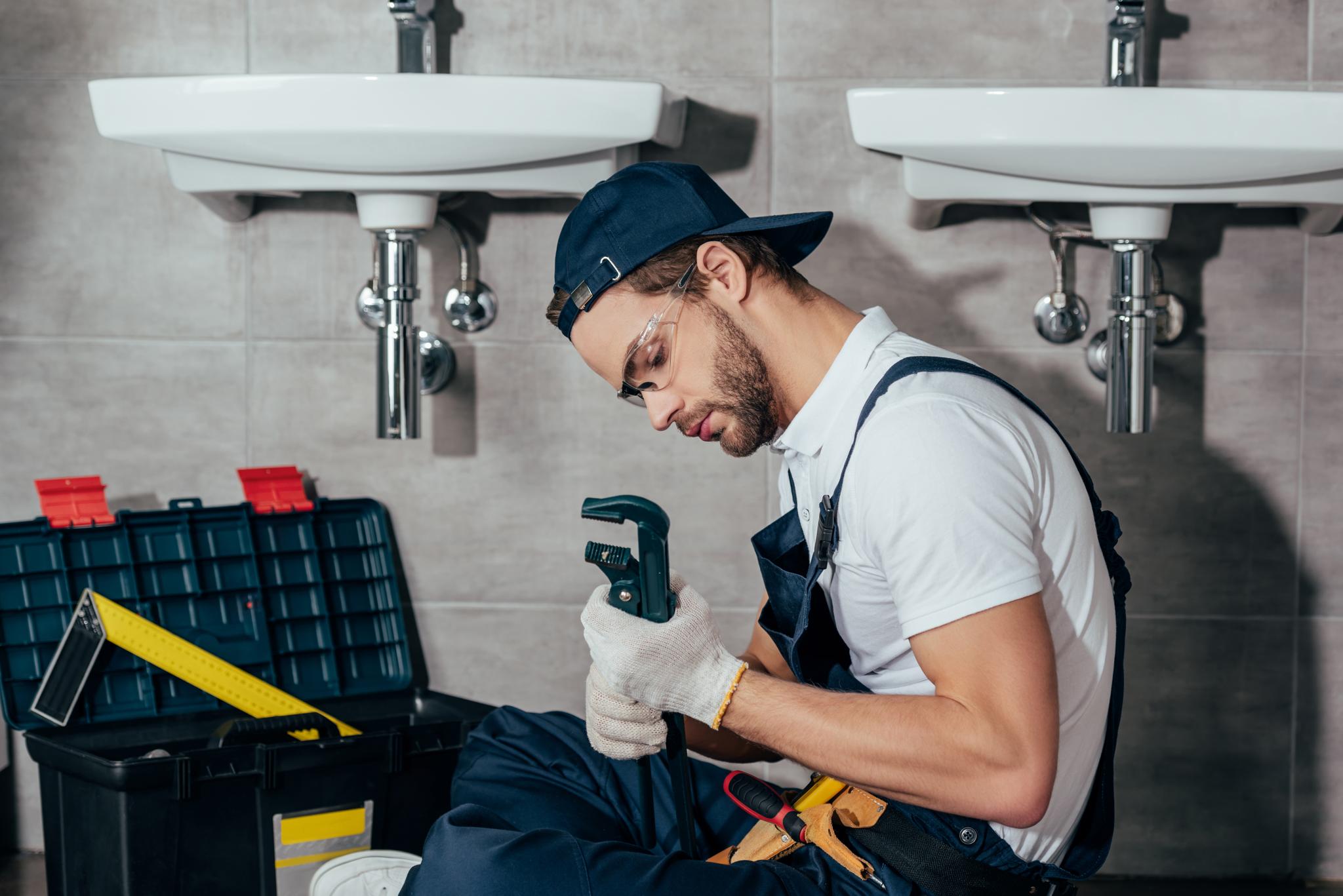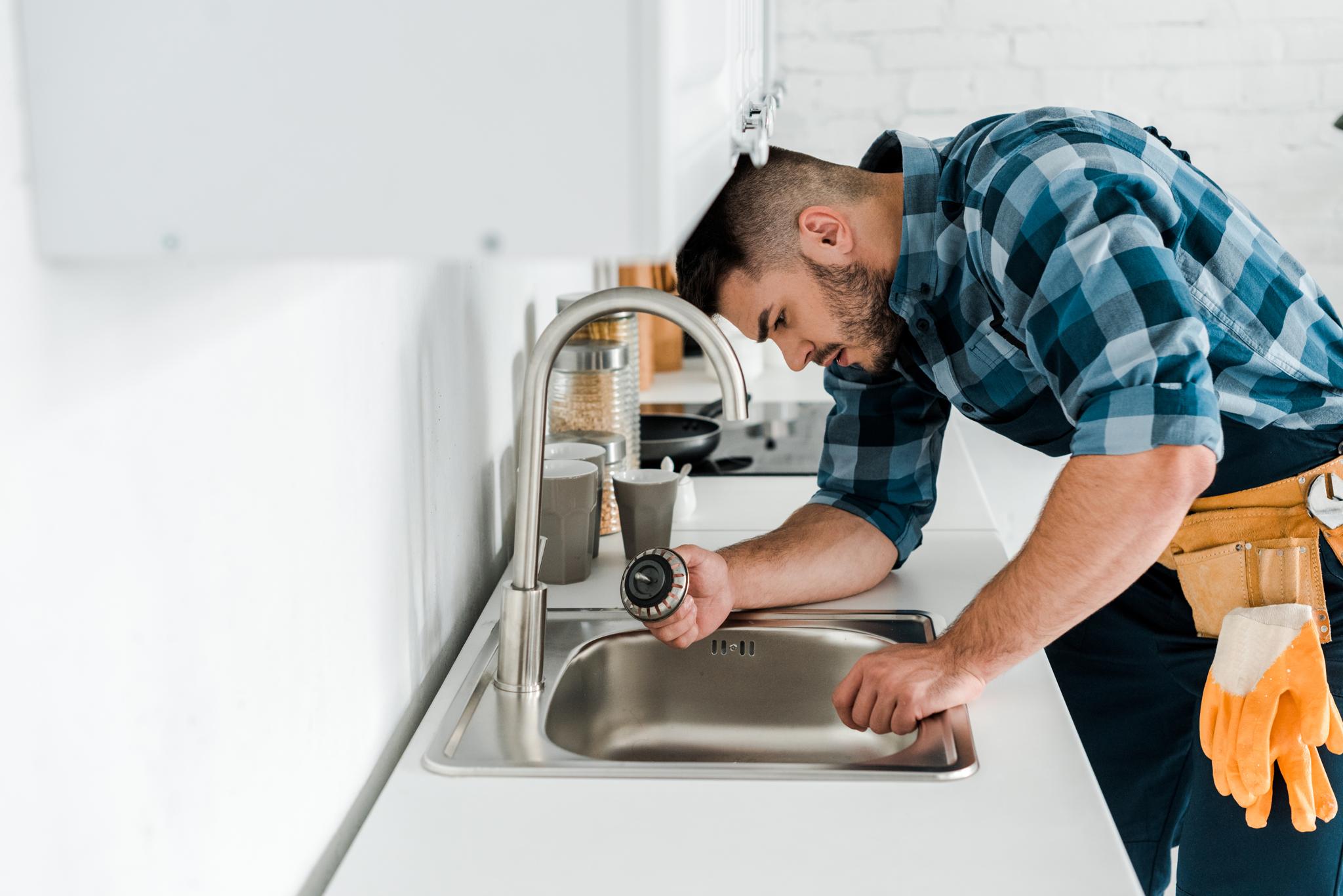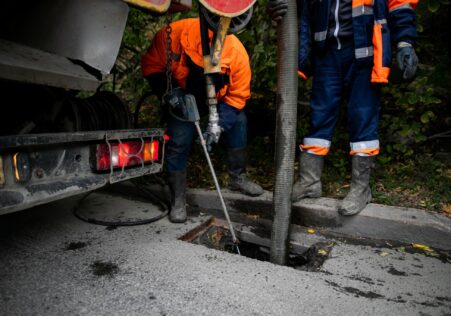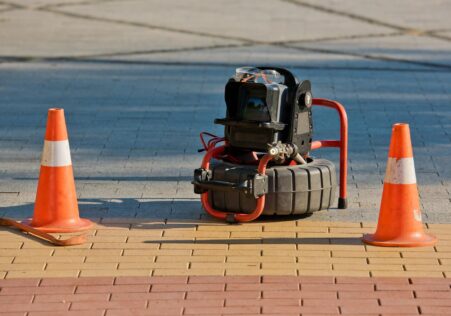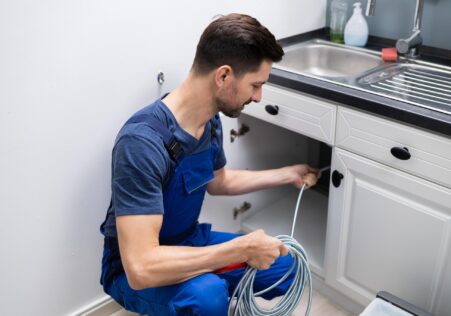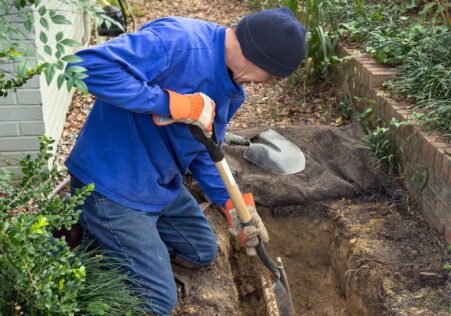The Dos and Don'ts of Drain Cleaning
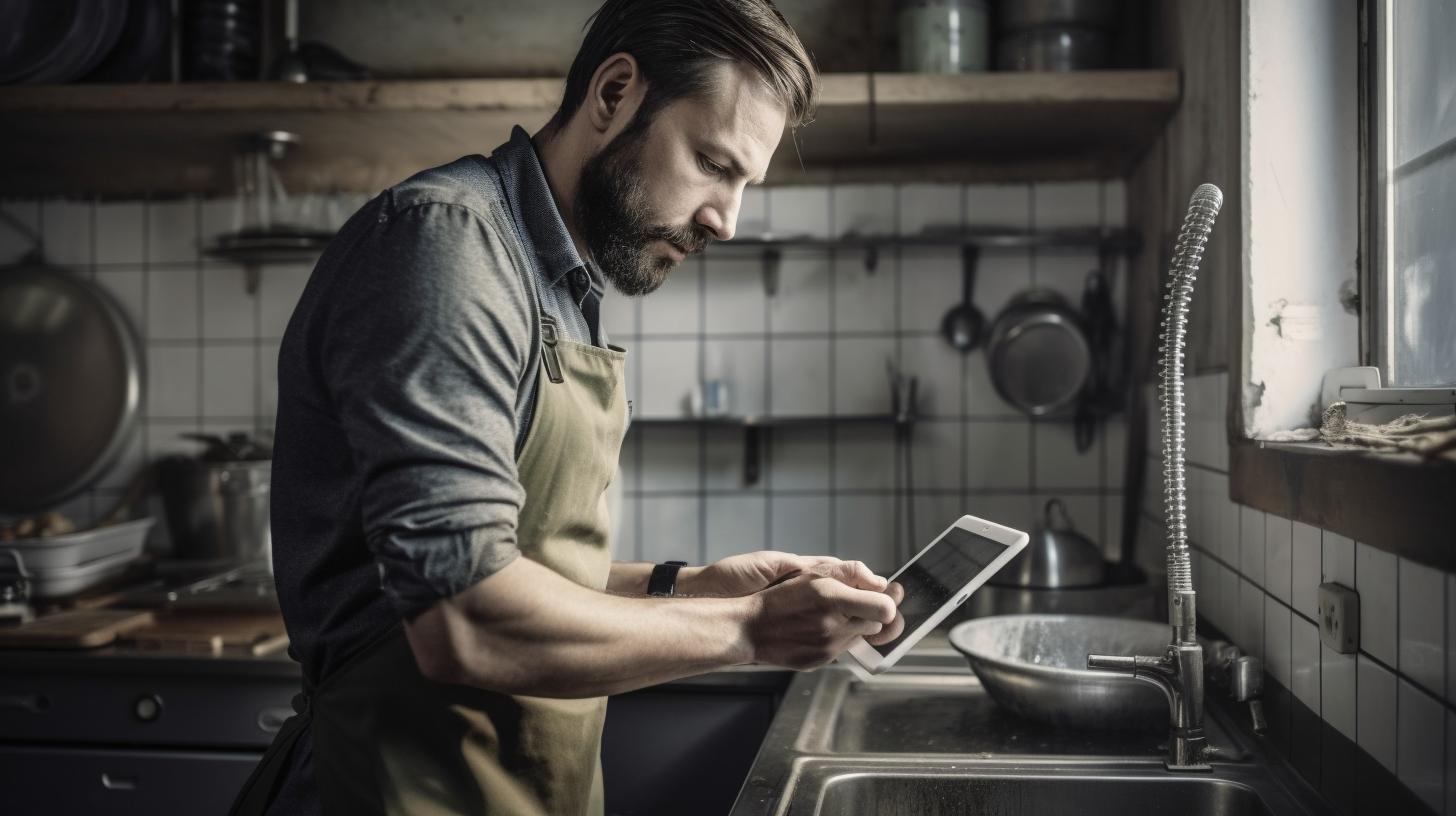
Drains are an essential component in any commercial or residential. However, they can easily be blocked if they’re not maintained properly. If your drains are clogged, it’s important to take immediate action and clean them thoroughly. But what are the proper things to do and the most costly mistakes to avoid in cleaning drainpipes? In this post we will discuss the most popular dos and donts of drain cleaning.
Key Takeaways
Dos:
- Use a plunger
- Make use of hot water to drink.
- Utilize natural cleaners
- Call Sydney Blocked Drains Plumbing for regular maintenance
Don’ts:
- Use chemical drain cleaners without consulting a professional
- Overuse commercial cleaners
- Pour grease into the drain
- Make use of a coat hanger, or any other item that is able to damage pipes
Preventive maintenance is better than repairs So, schedule periodic maintenance sessions with Sydney Blocked Drains Plumbing .
The Dos:
1. Do use a plunger
If you are dealing with minor blockages, a plunger should be the first protection. Make sure you’ve created a solid seal around the drain before pushing up and down with the plunger. The suction created by this action should help clear away any obstructions.
2. Do make sure you use hot Water
Hot water is a straightforward yet effective way of clearing of dirt and other clogs which can cause obstructions. Make sure to boil water in pots or kettles and then run it through the drain to break up stubborn debris.
3. Do utilize natural cleaners
If plunging or hot water haven’t worked, try using baking soda in combination with lemon juice or vinegar to break down the build-up naturally.
4. Do not hesitate to contact Sydney Blocked Drains Plumbing for Regular Maintenance
Prevention is always better than repair So arrange regular maintenance appointments together with Sydney Blocked Drains Plumbing to ensure your pipes are clean all year round.
The don’ts:
1. Avoid using chemical drain clearers Without Professional Advice
Chemical cleaners can appear to be the perfect solution. However they could also cause damage if they are not used under professional guidance.
2. Don’t Overuse Commercial Cleaners
Although strong commercial cleaning products may be beneficial in certain situations, they can make metal components corroding in pipes, causing leaks and different plumbing problems.
3. Don’t Pour Grease down the Drain.
The grease can harden once it is introduced into pipes, leading to blockages. Instead, dispose of grease in the trash or compost.
4. Avoid using a coat hanger or any other item that may damage Pipes
A coat hanger or any other sharp object in an attempt to clear drains could cause more harm than beneficial. These tools can scratch and harm pipes, making them more vulnerable to future obstructions.
Cleaning your drains should be handled with care and patience however, sometimes professional intervention is needed. If these dos and don’ts won’t clear the obstruction and increase drain flow, you can rely on Sydney Blocked Drains Plumbing for expert advice on cleaning, locating problems through CCTV drain inspections, or complete pipe relining services if needed.
| Do’s | Don’ts |
|---|---|
| Use a plunger | Use chemical drain cleaners without professional advice |
| Use hot water | Overuse commercial cleaners |
| Utilize natural cleaners | Pour grease down the drain |
| Call company for regular maintenance | Use coat hanger or anything that could damage pipes |
Frequently Asked Question
What are the dos and don’ts of cleaning drains?
It is essential to keep your drains clear and flowing in a smooth manner. Here are some guidelines to avoid blocking:
- Do use a plunger plumbing snake when you notice slow draining.
- Do often pour boiling water down the drain to dissolve any accumulation.
- Do not put grease, oil, or any fat into the drain as it’s likely to solidify, causing blockages.
- Don’t use chemical drain cleaners as they may damage pipes and be harmful to the environment.
Do I need to schedule my drains cleaned?
The frequency of drain cleaning is contingent on various variables such as the size of the household use, age of plumbing systems, etc. As a guideline it’s suggested to have your drains professionally cleaned at least every two years.
How can I tell what my drains’ needs are?
A few indicators that suggest that your drains are clogged are gurgling noises coming from your drain or shower, slow draining in showers or sinks as well as unpleasant odors emanating from your drains, and water leaking out of toilets or sinks. If you notice any of these signs you should have cleaning your drains done by professional.
Do I have to clean my own drains or should I get a professional?
Although it’s possible to clean your own drains by using a plunger, or other simple methods to clear your drains, if you have more serious blockages it is recommended to contact an experienced plumber. If you attempt DIY repairs can lead to additional harm to your plumbing system that can cost the homeowner more.
What is the cost in professional drain cleansing?
Cost of hiring an experienced plumber for drain cleaning varies based on various factors such as the location, type and extent of blockage, for instance. On average though homeowners are likely to cost between $100-$400 for this service. It’s always best to contact Sydney Blocked Drains Plumbing for a quote that is specific to your particular situation.
Summary
Drains are often overlooked until they get blocked which can cause inconvenience and costly repairs. When you are cleaning your drains in a safe and effectively, you must follow these tips and tricks for best outcomes. Always remember that prevention is better than cure; schedule regular maintenance with Sydney Blocked Drains Plumbing service so you can enjoy the day without annoying drain problems.
Additional Information
- Clean Your Clogged Shower Drain the Green Way without Chemicals
- A Quick and Easy Fix for Blocked Sinks and Showers
- Why CCTV Drain Inspection is a Cost-Effective Solution for Your Plumbing Needs
- The Top Causes of Blocked Drains You Need to Know
- Dealing with Blocked Drains: Plumbing Tips and Solutions
- Don’t Get Caught Unprepared! What You Need to Do Before a CCTV Drain Inspection
- How CCTV Drain Inspection Helps in Saving Time and Money on Plumbing Repairs?
- An Easy DIY Guide to Unclogging Your Blocked Drains
- Save Money and Time with Preventative Drain Care Practices
- Methods to Unblock a Shower Drain: The Step-by-Step Fix Necessary


